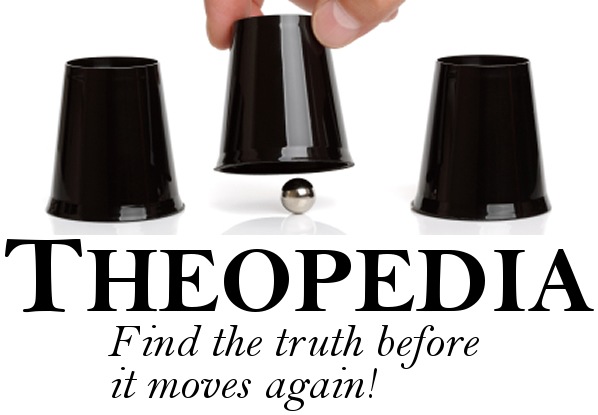The grinches are at it again. Every year at Easter and Christmas the tired old wheels start squeaking and some of the detractors of Christianity start wheeling out a few predictable canards, all connected to the idea that Christianity is just a copycat religion and that the accounts of the life of Jesus of Nazareth that we have in the New Testament were just borrowed from other older religions.
Generally these attempts are now limited to personal websites and message boards on the internet, as they are so discredited that bringing them up at, say, a conference on New Testament studies, would get one laughed all the way home. But, unhappily resigned to the fact that some people only know what they know about theology or biblical studies because they read it at a website, it’s worth addressing some of these claims.
I’ve already dealt with the claim that the virgin birth was borrowed from Buddhism and the claim that Jesus’ life is just a re-hashed version of the life of Osiris. Another common “copycat” theory that floats around online is the claim that Jesus is a mythical character copied from Mithras.1
- Although there is a Mithra and a Mithras in different ancient traditions, the copycat theory that I frequently observed makes no distinction between them. [↩]


 Here’s part three of the series on philosophy of mind. We’ve moved from dualism in part one through to physicalism in this episode. I look at epiphenomenialism, reductionism, nonreductive physicalism and a constitution view.
Here’s part three of the series on philosophy of mind. We’ve moved from dualism in part one through to physicalism in this episode. I look at epiphenomenialism, reductionism, nonreductive physicalism and a constitution view.

 Is the modern view called “inerrancy” really the view of the Bible that orthodox Christians have always held?
Is the modern view called “inerrancy” really the view of the Bible that orthodox Christians have always held?


 Taking a very short break from the series In Search of the Soul, here’s a talk I gave at Church a few nights ago. It was on Psalm 69 and the subject of lament. Nothing too intellectually deep, but hopefully something to chew over. Enjoy.
Taking a very short break from the series In Search of the Soul, here’s a talk I gave at Church a few nights ago. It was on Psalm 69 and the subject of lament. Nothing too intellectually deep, but hopefully something to chew over. Enjoy.